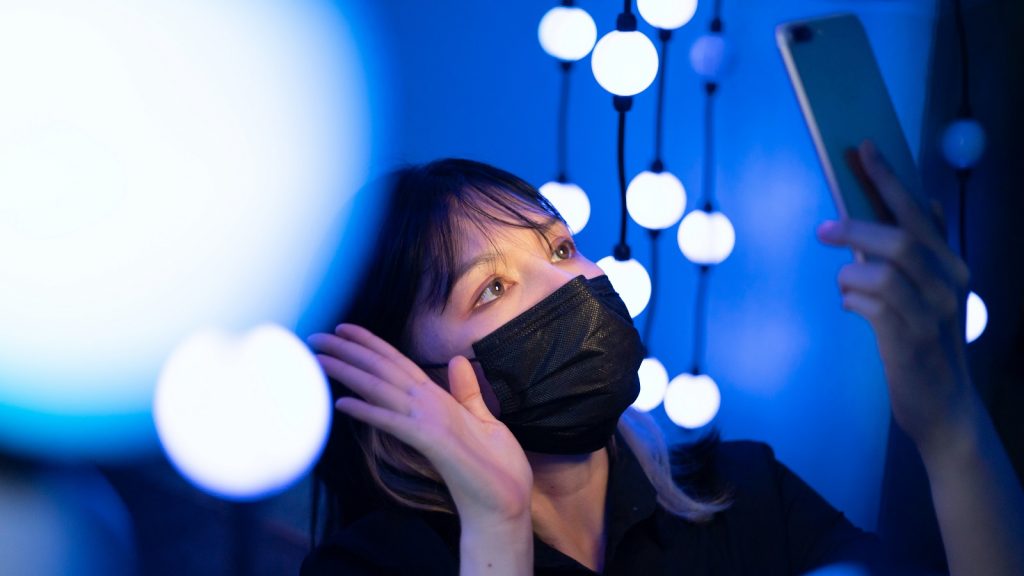Sony launches the WF-1000XM6 in South Africa with upgraded noise cancelling, better call clarity and premium sound. Pricing starts at R7,999.
Facebook to ditch facial recognition system: What this means for users

Facebook has announced it is shutting down its facial recognition system, the technology it uses to identify people in photos and videos.
The shutdown will impact several of the app’s features.
“Making this change required careful consideration, because we have seen a number of places where face recognition can be highly valued by people using platforms,” Facebook said in a statement.
According to Facebook, more than a third of the app’s daily active users have opted in to its Face Recognition setting.
The shutdown will result in Facebook deleting more than a billion people’s facial recognition templates.
The shutdown comes as privacy and safety concerns surrounding the technology increase globally.
Facebook itself has also come under fire in the past for its use of it.
In 2019, the US Federal Trade Commission ordered the company to modify its use of the technology when it fined it $5 billion to settle privacy complaints.
“Amid this ongoing uncertainty, we believe that limiting the use of facial recognition to a narrow set of use cases is appropriate,” Facebook said.
However, Facebook added it would continue to work on the technology.
“Looking ahead, we still see facial recognition technology as a powerful tool, for example, for people needing to verify their identity, or to prevent fraud and impersonation,” it said.
Facebook without facial recognition?
Going forward, Facebook will no longer recognise peoples’ faces in photos, videos, or Memories.
Users will not be able to turn on face recognition for suggested tagging or see suggested tags with their names in content they appear in.
However, Facebook will still encourage users to tag posts manually to indicate who is in a photo or video.
The shutdown will also impact Facebook’s Automatic Alt Text (AAT) technology. The app uses ATT to create image descriptions for people who are blind or visually impaired.
AAT will still be able to identify how many people are in a photo, but not identify who each person is.
If a user has opted in to Facebook’s Face Recognition setting, the app will delete the template it uses to identify them.
If a user has not opted in, there will be no change to their settings.
Read more: WhatsApp adds end-to-end encryption for chat backup: How to enable it
Featured image: Unsplash/dogherine


